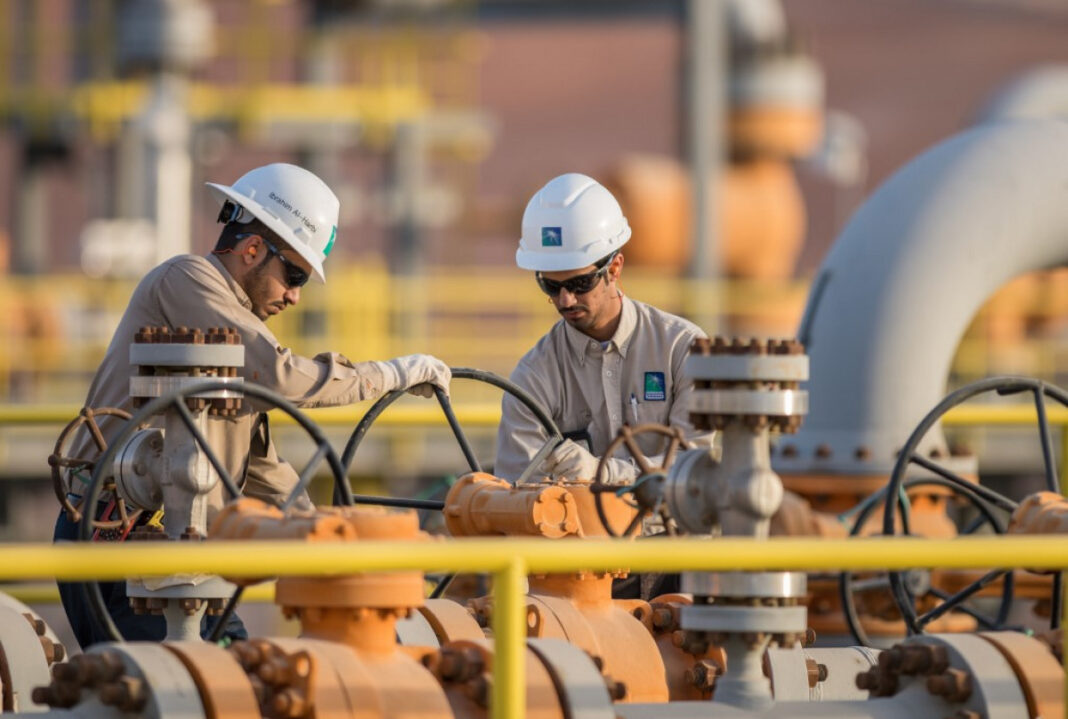
Saudi Arabia, the world’s leading oil exporter, has announced a reduction in its official selling price for crude oil destined for Asian markets in April. This marks the first price cut in three months and aligns with the recent decision by OPEC+ to incrementally boost oil production starting next month.
State-owned oil giant Saudi Aramco has decreased the OSP for its flagship Arab Light crude by 40 cents per barrel, setting it at $3.50 above the average of the Oman and Dubai benchmarks. This adjustment follows a period where the Arab Light OSP had reached its highest point in over a year, influenced by stringent U.S. sanctions on Russian oil that disrupted global trade flows and escalated both crude prices and freight rates.
The price reduction comes on the heels of OPEC+’s agreement to gradually increase oil output beginning in April. This decision signifies the first planned production hike since 2022 and represents a cautious strategic shift by the alliance, which includes major oil-producing nations such as Saudi Arabia, Russia, Iraq, Kuwait, the UAE, Algeria, Kazakhstan, and Oman. The group plans to reverse the 2.2 million barrels per day production cut implemented as a stabilizing measure, with the increase to be phased over an 18-month period, concluding in September 2026.
Russia’s Deputy Prime Minister Alexander Novak highlighted the group’s commitment to the April production increase but emphasized their readiness to adjust output if market imbalances arise. He noted that while the decision reflects confidence in market stability, OPEC+ remains vigilant and prepared to reverse the increase if necessary to maintain equilibrium.
The move to boost production has been influenced by internal dynamics within OPEC+, particularly instances of overproduction by member countries. Kazakhstan, for example, achieved record-high oil production due to the expansion of Chevron’s Tengiz oilfield, leading to tensions within the group. Other members, including Iraq, Russia, and the UAE, have also exceeded their output quotas, prompting Saudi Arabia, which has adhered strictly to its targets, to advocate for better compliance.
In the United States, plans to replenish the Strategic Petroleum Reserve have added another layer to the global oil narrative. The U.S. government intends to allocate up to $20 billion to refill the SPR, which currently holds 395.3 million barrels out of a total capacity of 714 million barrels. This initiative is expected to tighten global oil supply and has contributed to a recent rebound in crude prices.
Despite these developments, oil prices have experienced fluctuations. Brent crude futures saw an uptick, surpassing $71 per barrel, driven by the U.S. plans to refill the SPR and comments from Russian officials about potential reversals of production increases if market conditions warrant. However, concerns over a potential oil glut, the health of the U.S. economy, and the impact of trade tariffs have exerted downward pressure on prices. Analysts caution that uncertainties surrounding U.S. economic growth and Chinese demand could influence the sustainability of oil price recoveries.
In Asia, the reduction in Saudi Arabia’s OSP is expected to impact refining margins and procurement strategies. The availability of Russian and Iranian crude to China is rebounding, alleviating some supply concerns. This resurgence in supply, coupled with the OPEC+ production increase, may lead to more competitive pricing and influence purchasing decisions among Asian refiners.
The global oil market continues to navigate a complex landscape marked by production adjustments, geopolitical considerations, and evolving demand patterns. OPEC+’s decision to increase output reflects a measured approach to balancing supply with anticipated demand, while individual member actions and external factors, such as U.S. strategic reserves policies, add layers of complexity to market dynamics.



